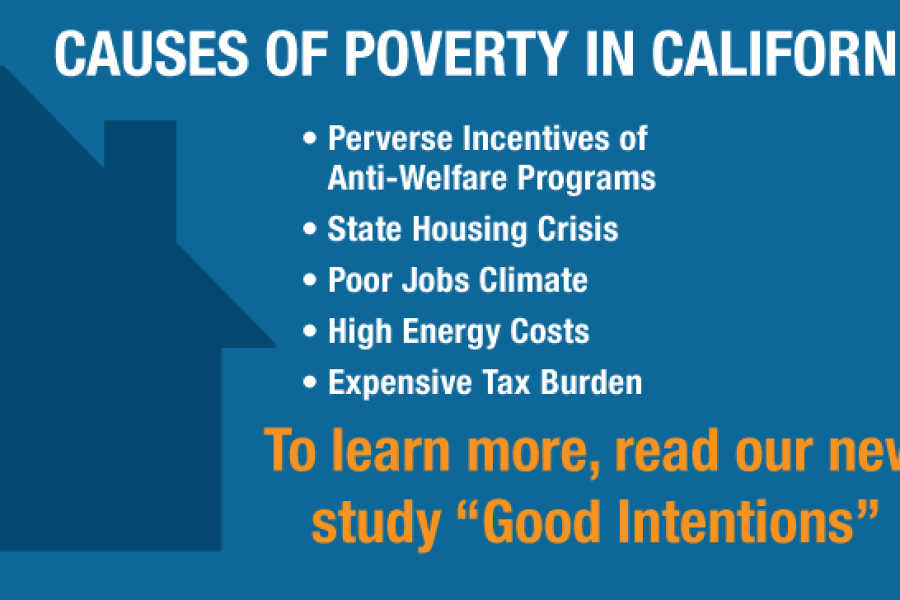If there’s one thing that unites Californians, it’s a disdain for crony capitalism.
What is crony capitalism, you ask? We see it all the time. Think local elected officials throwing everything but the kitchen sink at Amazon to try and lure their second global headquarters to their city. PRI’s senior fellow in business and economics Wayne Winegarden has written about lawmakers offering generous electric car subsidies that would only really benefit Tesla.
Hard-working people are annoyed when government picks winners and losers in the economy through tax giveaways, set-asides, contracting preferences, or other favored treatment.
Did you know that it also costs California taxpayers significant sums, as well?
Matthew Mitchell and Tammy Winter at the Mercatus Center at George Mason University have just released an interesting new study called, “The Opportunity Cost of Corporate Welfare.”
They argue that neither evidence nor economy theory suggests that these incentives work. In fact, taxpayers in California are footing the bill for these giveaways to favored companies and industries.
Mitchell and Winter calculated what it would mean if California eliminated all the corporate subsidies in the state tax code.
They found that with the savings, California could:
- Reduce the corporate income tax by 36 percent,
- Reduce the state personal income tax by 6.2 percent,
- Reduce the state sales tax by 5.8 percent, and
- Reduce the state’s overall tax burden by 1.4 percent.
This echoes what Wayne Winegarden has written in the “Beyond the New Normal” series. There is an opportunity cost to government spending decisions. With the right economic policies in place, we can see sustained economic growth across all sectors of the economy.
Like Winegarden, Mitchell and Winter argue that state policymakers should focus on policies that enhance the economic freedom of all citizens.
With California currently ranking 49th in economic freedom on the Cato Institute’s annual rankings, sadly it’s highly unlikely that a pro-economic freedom agenda will be embraced by the majority party in Sacramento any time soon.
Tim Anaya is communications director for Pacific Research Institute.


